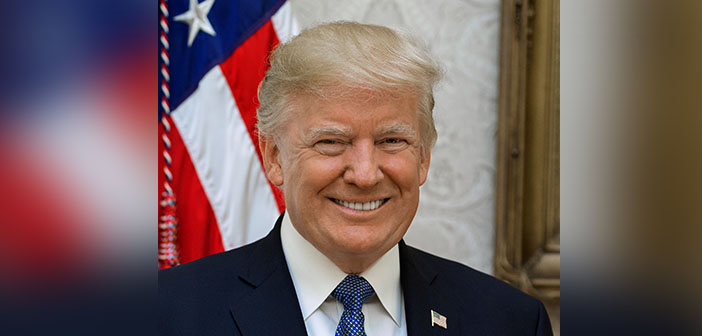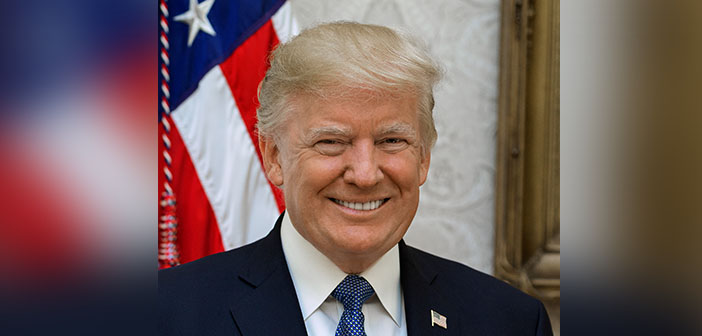
President Donald Trump is threatening to shut down the government if Democrats refuse billions of dollars in funding for a border wall — but the consequences of that action would extend far beyond border security.
WASHINGTON (AP) — Trump threatens gov’t shutdown in heated meeting with Dem leaders over border wall, squabbling over election results.
— Zeke Miller (@ZekeJMiller) December 11, 2018
If the president makes good on his promise to withhold his signature from essential appropriations bills this time, that could inadvertently leave the legal marijuana industry vulnerable to federal drug enforcement actions. A spending bill rider that has protected state medical cannabis programs from federal intervention since 2014 would expire, while the Justice Department and prosecutors would generally remain operational.
That’s because the Department of Justice has a contingency plan in place in the event of a government shutdown, and it exempts many employees, including U.S. attorneys and those who work for the Drug Enforcement Administration (DEA), from furlough.
“Criminal litigation will continue without interruption as an activity essential to the safety of human life and the protection of property,” the Justice Department explains in its contingency plan. U.S. attorneys are protected because they’re presidentially appointed and “are needed to address ongoing criminal matters and civil matters of urgency throughout the nation.”
“All agents in DEA field organizations are excepted from furlough because they support active counternarcotics investigations,” the document says.
The Rohrabacher-Farr amendment would not be exempted, though. The legislation — which bars the Justice Department from using federal funds to interfere with state medical cannabis laws — is part of the the Commerce, Justice, Science, and Related Agencies (CJS) appropriations bill. While five out of the 12 annual appropriation bills for Fiscal Year 2019 have already been signed into law by the president, the CJS bill is yet to receive House of Senate floor votes.
Typically, the deadline to get appropriations passed is the end of the preceding fiscal year, September 30. But rather than hold a vote or allow federal departments to lose funding, lawmakers have passed a series of continuing resolutions throughout 2018, providing temporary funding and pushing back the deadline. The most recent two-week continuing resolution passed on December 7, so the new deadline is December 21.
If lawmakers don’t pass, or President Trump doesn’t sign, either a full-year or temporary extension of funding by then, the medical cannabis rider will expire, but federal drug enforcement capabilities will not. And that would leave medical marijuana patients and the businesses that serve them in a dicey position.
Similar concerns about the prospect of federal marijuana enforcement have been repeatedly raised under the Trump administration. In January 2018, things seemed especially precarious, as the president’s threat of a government shutdown came weeks after then-Attorney General Jeff Sessions rescinded an Obama-era memo that provided guidance on federal cannabis enforcement practices.
That decision stoked fears that a shutdown would empower the Justice Department to act on the attorney general’s vehement opposition to marijuana reform. But after less than three days, a continuing resolution passed and state-legal marijuana activities continued unimpeded.
This time around, as the deadline approaches, the Justice Department head is Acting Attorney General Matthew Whitaker, who had served as Sessions’ chief of staff. Whitaker has said he sympathizes with medical cannabis patients, but he’s also criticized the Obama administration for its marijuana enforcement policies.
There’s no telling at this point whether Whitaker, the DEA or federal prosecutors would take advantage of broad exemptions from furlough and crack down on legal medical marijuana states in the event of a shutdown. But as always, the possibility puts the cannabis industry in an uncomfortable position.
This article has been republished from Marijuana Moment under a content syndication agreement. Read the original article here.











